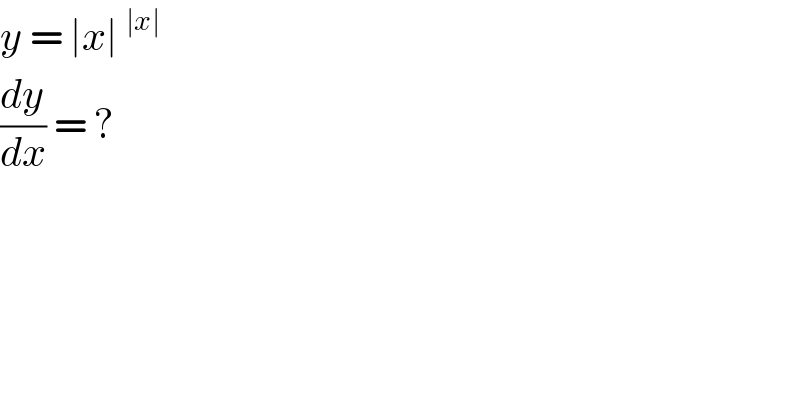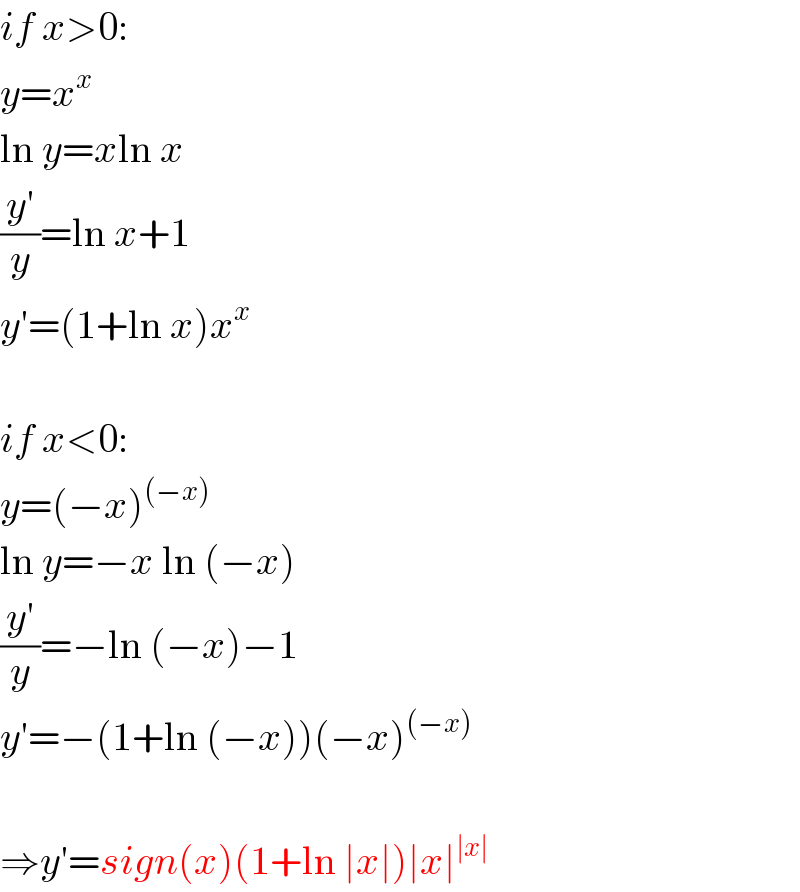
Question and Answers Forum
Previous in Differential Equation Next in Differential Equation
Question Number 77859 by jagoll last updated on 11/Jan/20

Commented by mathmax by abdo last updated on 11/Jan/20

Answered by mr W last updated on 11/Jan/20

Commented by jagoll last updated on 11/Jan/20

Commented by mr W last updated on 11/Jan/20

Answered by john santu last updated on 11/Jan/20

